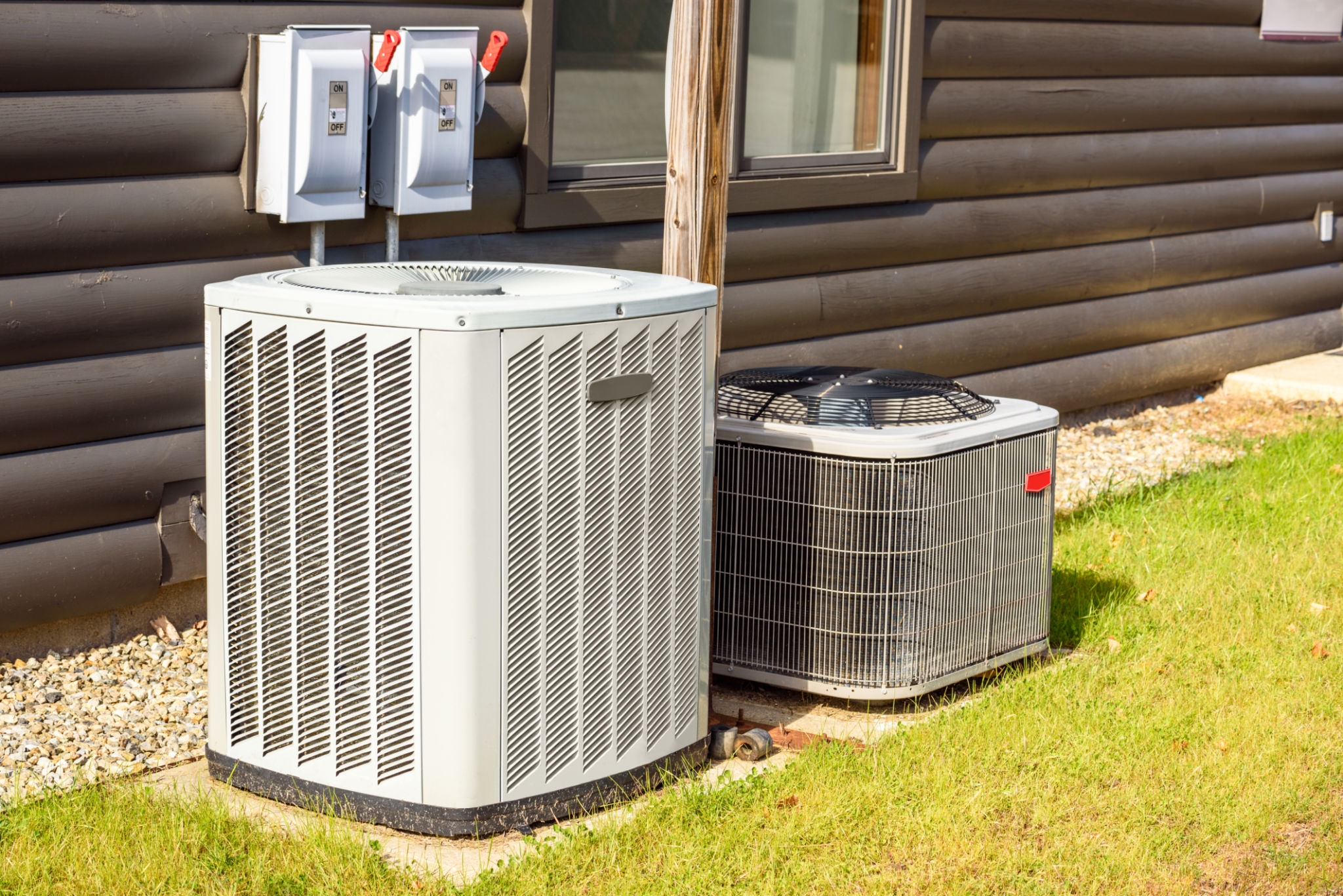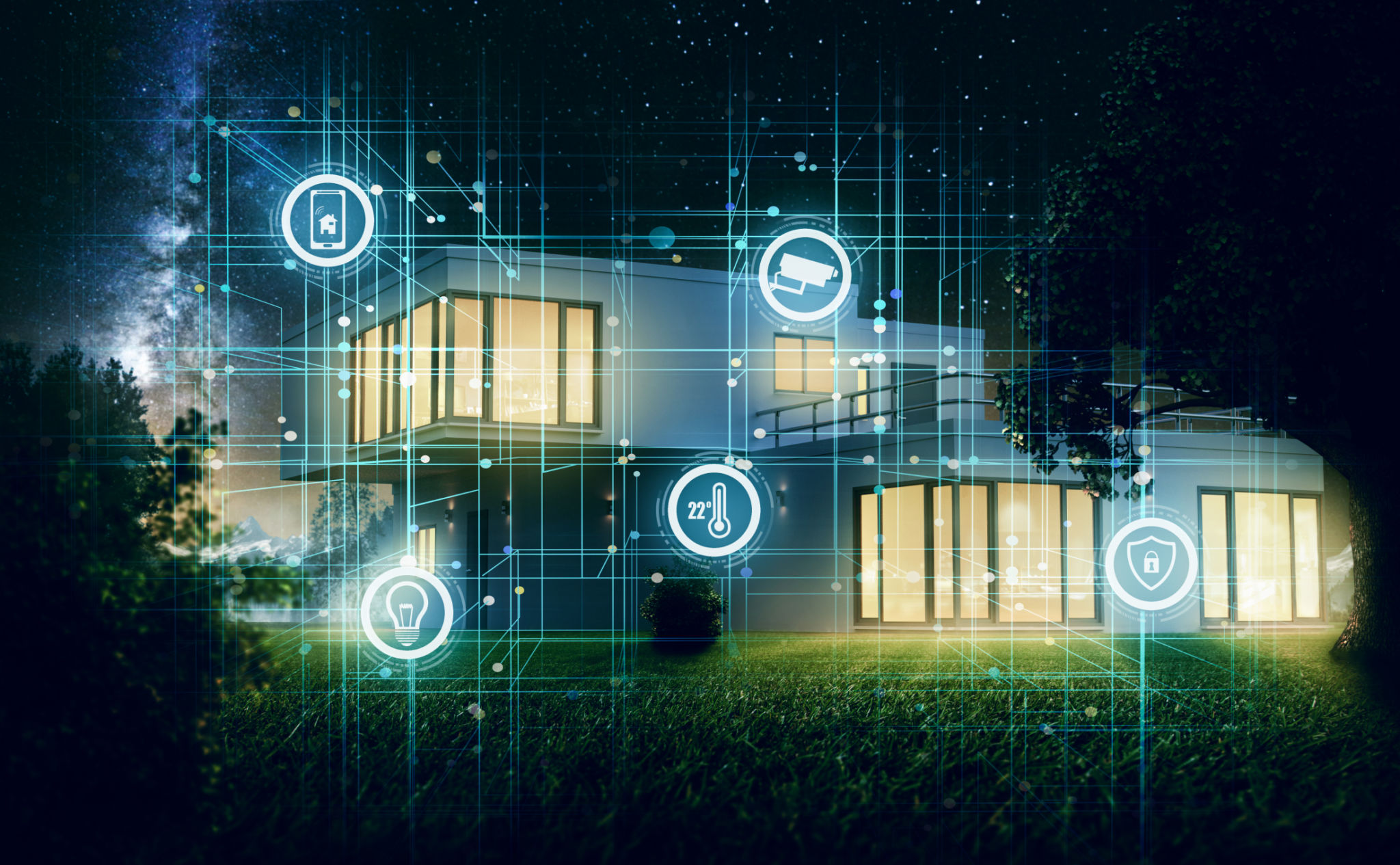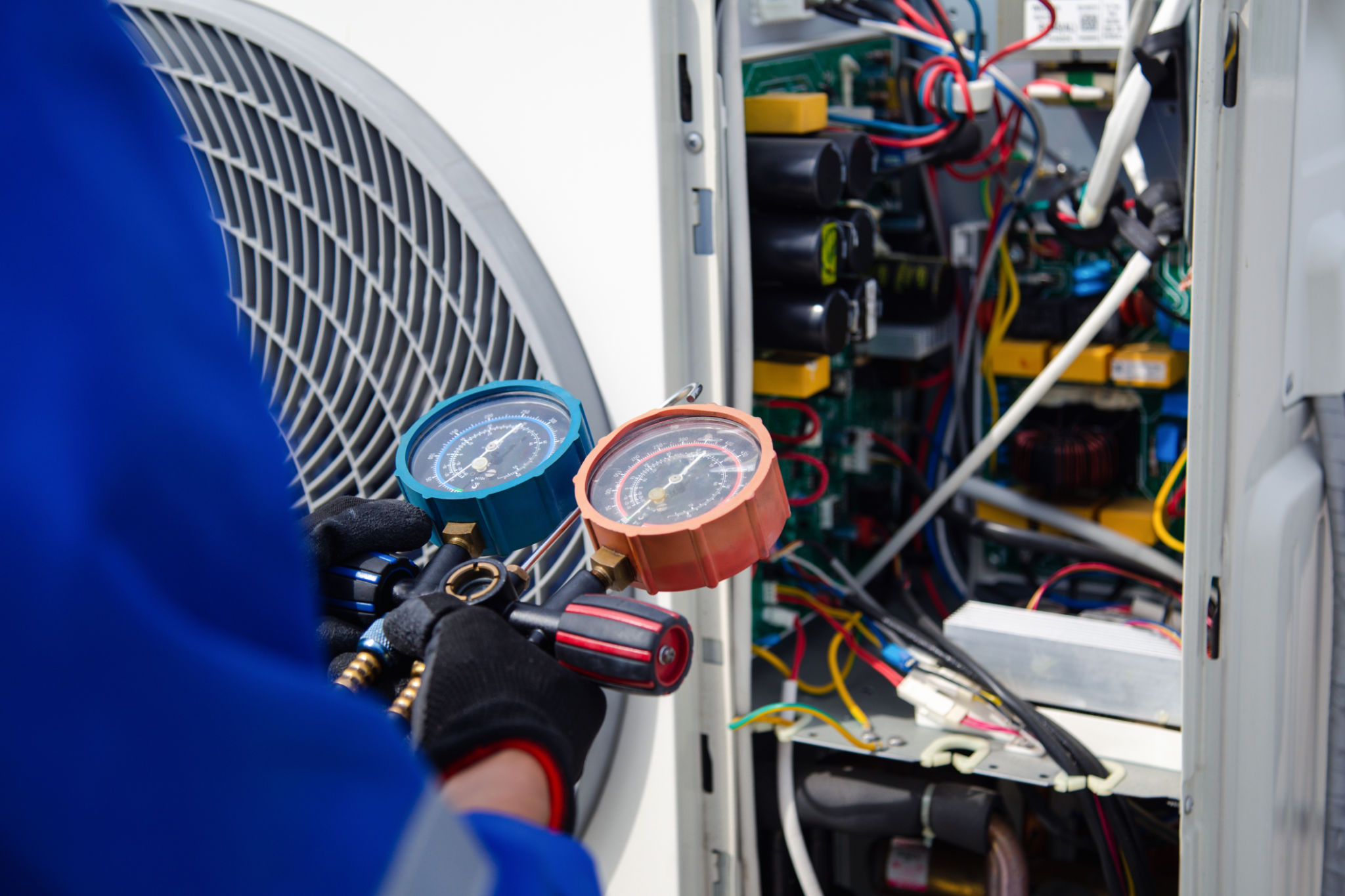Top HVAC Trends Impacting the Heating and Cooling Industry
Introduction to Emerging HVAC Trends
The heating, ventilation, and air conditioning (HVAC) industry is experiencing a dynamic shift as new technologies and consumer demands shape its future. With a focus on sustainability, energy efficiency, and smart technology, HVAC systems are evolving rapidly. Businesses and homeowners alike are keen to adopt these innovations to improve comfort, reduce costs, and minimize their environmental footprint.
This blog post explores the top trends currently impacting the HVAC industry, offering insights into the advancements that are transforming heating and cooling solutions worldwide.

Smart Technology Integration
One of the most significant trends in the HVAC industry is the integration of *smart technology*. Smart thermostats and HVAC systems that can be controlled remotely via smartphones or other devices are becoming increasingly popular. These systems offer users the ability to customize their heating and cooling preferences, optimize energy usage, and even receive maintenance alerts before issues become critical.
With features such as machine learning algorithms, smart HVAC systems can adapt to the preferences of occupants over time, leading to enhanced comfort and efficiency. This trend is not only boosting user convenience but also contributing significantly to energy savings.
Internet of Things (IoT) in HVAC
The Internet of Things (IoT) is playing a crucial role in revolutionizing the HVAC industry. By connecting HVAC components to a network, IoT enables real-time data collection and analysis. This connectivity allows for proactive maintenance, reducing downtime and extending the lifespan of equipment.

Focus on Sustainability
As environmental concerns grow, there is an increasing demand for sustainable HVAC solutions. Manufacturers are responding by developing systems that utilize eco-friendly refrigerants, such as R-32 or R-290, which have lower global warming potential compared to traditional options.
Moreover, innovations like geothermal heat pumps and solar-powered HVAC systems are gaining traction as they harness renewable energy sources to provide efficient heating and cooling. These sustainable technologies not only reduce carbon emissions but also help end-users cut down on energy costs.
Energy Efficiency Improvements
Energy efficiency remains a top priority within the HVAC industry. Newer systems are designed to consume less energy while providing optimal performance. Advances such as variable-speed compressors and enhanced HVAC zoning allow for tailored climate control, ensuring that energy is not wasted on unoccupied spaces.

Advanced Air Quality Solutions
Indoor air quality has become an essential consideration for both residential and commercial spaces. The COVID-19 pandemic heightened awareness about the importance of clean air, leading to an increased demand for advanced air purification technologies within HVAC systems.
Modern systems now incorporate features such as UV-C lighting, high-efficiency particulate air (HEPA) filters, and ionization technologies to eliminate contaminants and improve indoor air quality. These advancements provide healthier environments for occupants and contribute to overall well-being.
The Rise of Predictive Maintenance
Predictive maintenance is rapidly gaining popularity in the HVAC industry. By utilizing data analytics and sensors, predictive maintenance helps identify potential issues before they lead to system failures. This proactive approach not only decreases maintenance costs but also enhances system reliability and longevity.
As technology continues to advance, predictive maintenance will become an integral part of HVAC management strategies, offering peace of mind to users by ensuring their systems operate efficiently.

Conclusion
The HVAC industry is undergoing substantial transformations as it embraces smart technology, sustainability, and innovation. These trends promise to deliver more efficient, reliable, and environmentally friendly heating and cooling solutions. As manufacturers continue to push the boundaries of what's possible, consumers can look forward to enhanced comfort and reduced energy expenses in their homes and businesses.
With these exciting advancements on the horizon, staying informed about the latest trends will be crucial for anyone involved in the HVAC industry or considering upgrading their systems.
